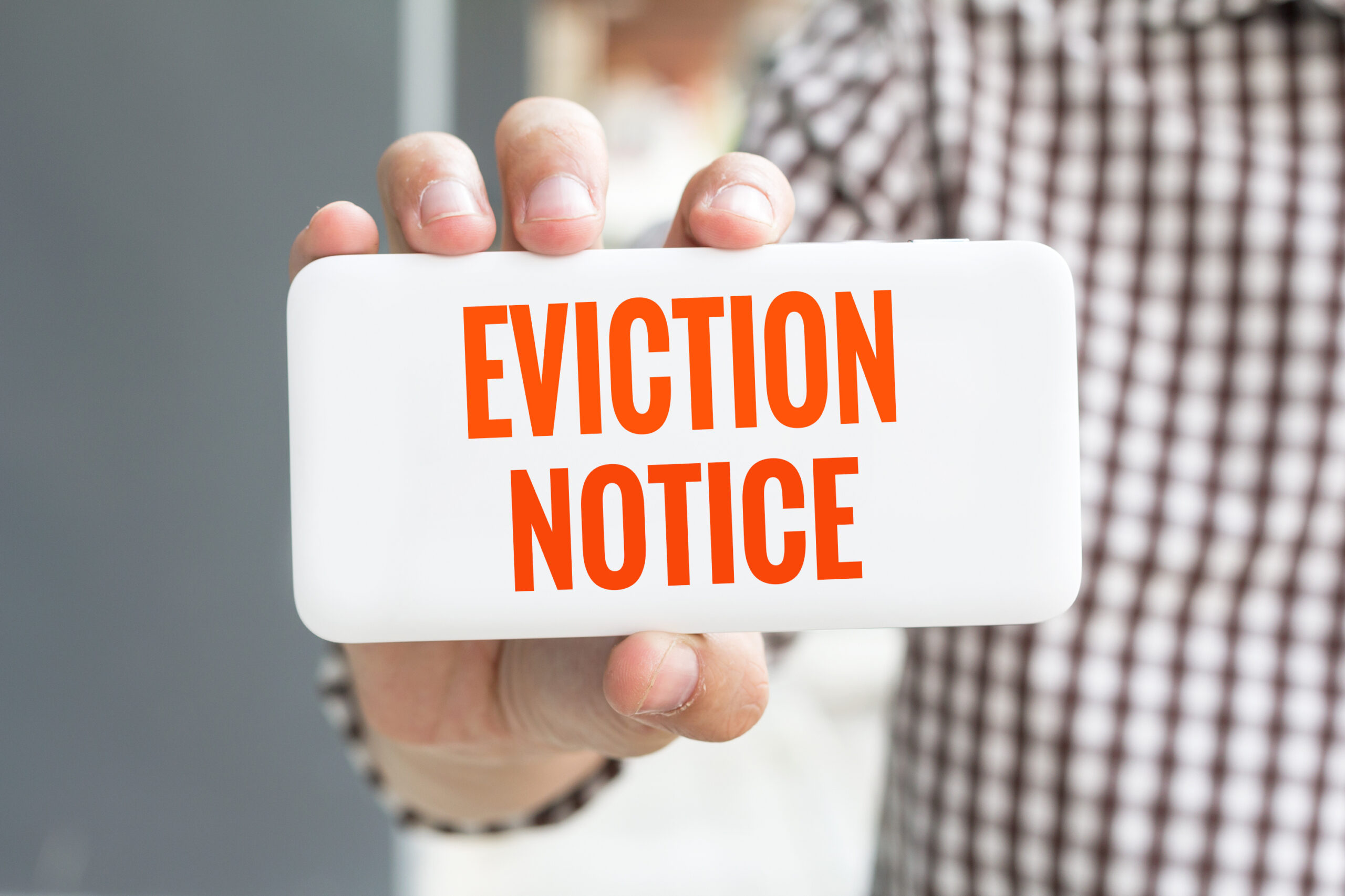Household Bills
Govt gives landlords more powers to evict ‘unruly tenants’ as part of ‘anti-social’ behaviour curbs

Guest Author:
Anna SagarThe government will give landlords and housing associations increased powers to evict “unruly tenants” as part of its wide-ranging plan to tackle anti-social behaviour.
The Anti-Social Behaviour Action Plan was announced yesterday and includes measures such as banning nitrous oxide and trialling “hotspot” police enforcement patrols or “immediate justice schemes” to “deliver swift and visible punishments”.
One of the main measures mentioned was giving landlords and housing associations more powers to evict tenants who “ruin their neighbours’ lives through persistent noise or by being drunk and disorderly”.
The report added that it was looking at ways to increase mediation in the private rented sector, such as introducing an Ombudsman to support landlords when tenants “commit low-level – but high-impact – anti-social behaviour”.
It added that it would make grounds for possession “faster and far easier to prove” so landlords could take immediate action. Currently, they would need to give two months’ notice and wait for the end of a fixed term under Section 21 eviction notices.
Other actions include ensuring private tenancy agreements have clauses banning anti-social behaviour, making the notice period for eviction for anti-social behaviour two weeks, increasing awareness of tools like injunctions and Criminal Behaviour Orders and prioritising anti-social behaviour cases in possession lists in courts.

How life insurance can benefit your health and wellbeing over the decades
Sponsored by Post Office
The government added it would bring forward legislation which would set out “principles” that judges have to consider in decisions, with more weight on the impact on landlords, neighbours, housemates and whether the tenants engaged with intervention into their behaviour.
Three strikes option for social housing
On the social housing side, it said that it would update social housing allocation guidance to make it clear anti-social behaviour can be used to de-prioritise tenants, and speed up the process of removing such tenants.
It added that it was exploring a “three strikes” eviction expectation for social landlords, after which point tenants could face eviction and be de-prioritised from further social housing.
The government added that it was exploring reopening empty shops by giving councils new powers to quickly take control and sell off empty buildings.
Secretary of State for Levelling Up, Housing and Communities Michael Gove said: “Anti-social behaviour erodes local pride, blights our high streets and parks and is a stain on too many communities across the country.
“We know that it is more likely to flourish in areas that have, for too long, been overlooked and undervalued.”
He added: “We will deliver tougher, quicker and more visible justice to prevent thuggish behaviour in town centres and we will ensure young people have the opportunities and activities available to them to succeed – all backed by new investment.”
‘Law must be on the side of the victims’
Ben Beadle, Chief Executive of the National Residential Landlords Association (NRLA) said that anti-social tenants “blight the lives of fellow renters and their neighbours”.
He noted that plans to end ‘no explanation’ repossessions “risk making it harder to tackle such behaviour”.
He said: “Whilst we will study the detail of the Government’s plans carefully, we welcome its commitment to strengthen the ability of landlords to evict unruly tenants. It follows extensive campaigning by the NRLA to ensure swift and effective action can be taken against those causing misery in their communities.
“The law must be on the side of the victims of anti-social behaviour and we are glad that the government agrees.”
Polling by the NRLA has found that 50% of landlords have at some point attempted to repossess a property because of a tenant’s anti-social or criminal behaviour.
Within that group, 84% received no help from their local authority in tackling the issue and 75% had no assistance from the police.